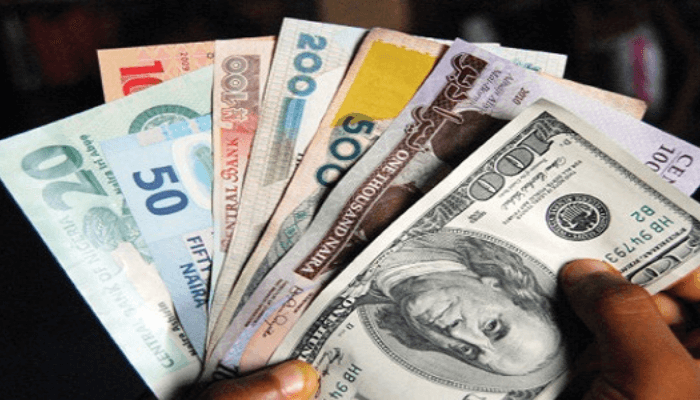The Naira, Nigeria’s currency, experienced a significant decline at the black market, trading at a record low of N1750/$ during midweek in Abuja. This sharp plunge is attributed to surging demand for the US dollar and limited supply, creating a volatile forex environment.
Black Market vs. Official Market Disparity
Interestingly, the Naira depreciation in the black market contrasts with its performance in the official market. Data from the FMDQ Exchange shows the Naira strengthened by N11.4/$, moving from N1,690/$ on Monday to N678.6/$ on Tuesday. This divergence highlights the complexities of Nigeria’s forex market.
Persistent Demand for Dollars
The demand for the dollar remains high, fueled by factors such as:
- Foreign tuition payments for students abroad.
- Fuel imports, requiring hard currency.
- Seasonal expenses like Christmas vacations.
- Savers seeking stability in foreign currencies.
Key Challenges Affecting the Naira
Several macroeconomic factors exacerbate the Naira’s struggles:
- Weak oil production, impacting foreign exchange earnings.
- High inflation, squeezing purchasing power.
- Low foreign direct investment, limiting dollar inflow.
- Tighter monetary policies, constraining liquidity.
The Naira’s value has plummeted over 70% since mid-2023, and demand pressures are expected to rise as the festive season approaches.
CBN’s Reform Impact
The Central Bank of Nigeria (CBN) recently transitioned to a free-floating exchange rate system, ending years of pegging the Naira at an artificially strong rate. While the reform aimed to attract foreign investment, it has triggered a three-decade high inflation rate, worsening the cost-of-living crisis.
Dollar Performance Globally
On the global stage, the US dollar slipped to a one-week low against major peers. Analysts attribute this to market stabilization following Donald Trump’s presidential election victory. Economists predict that Trump’s policies may lead to slower Federal Reserve easing and increased inflation in the US.
Outlook
Despite the CBN’s foreign exchange reserves reaching a 32-month high of $40 billion, the Naira remains under intense selling pressure. Without robust policies to boost production, stabilize inflation, and attract investment, the currency’s challenges may persist into the new year.
Stay tuned to 9am News Nigeria for more Breaking News, Business News, Sports updates And Entertainment Gists.
















